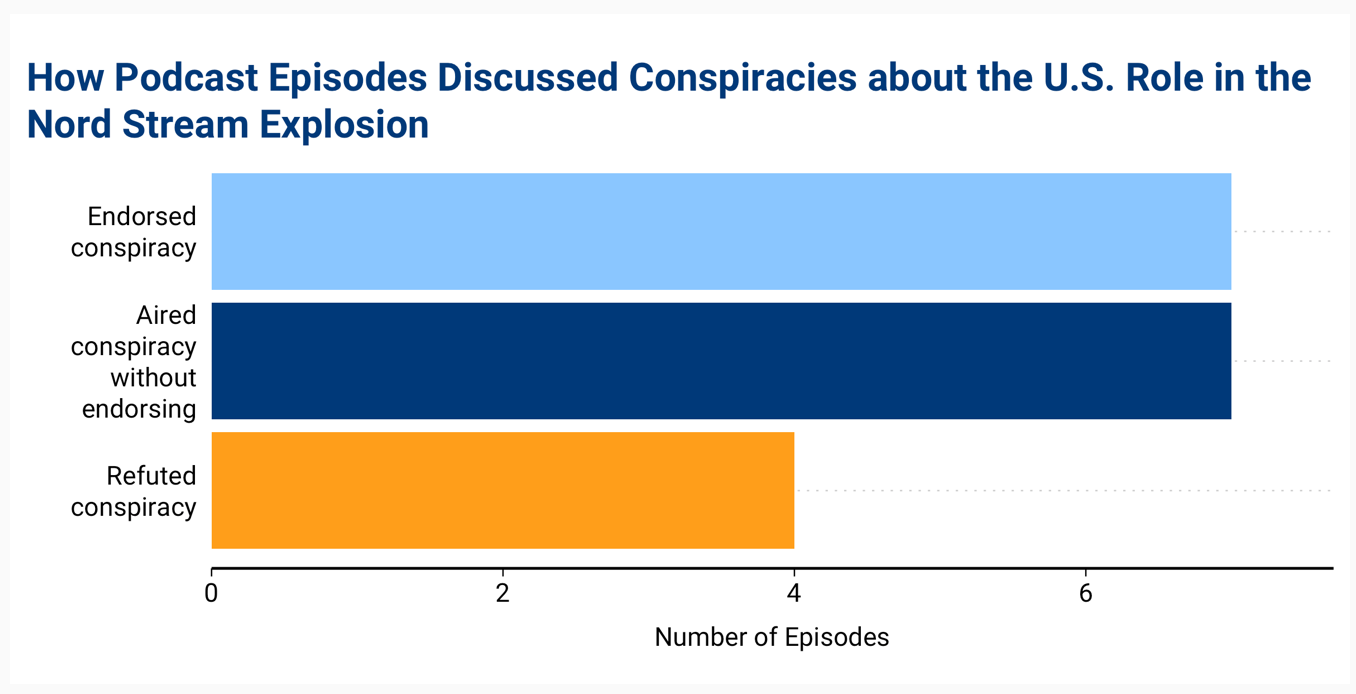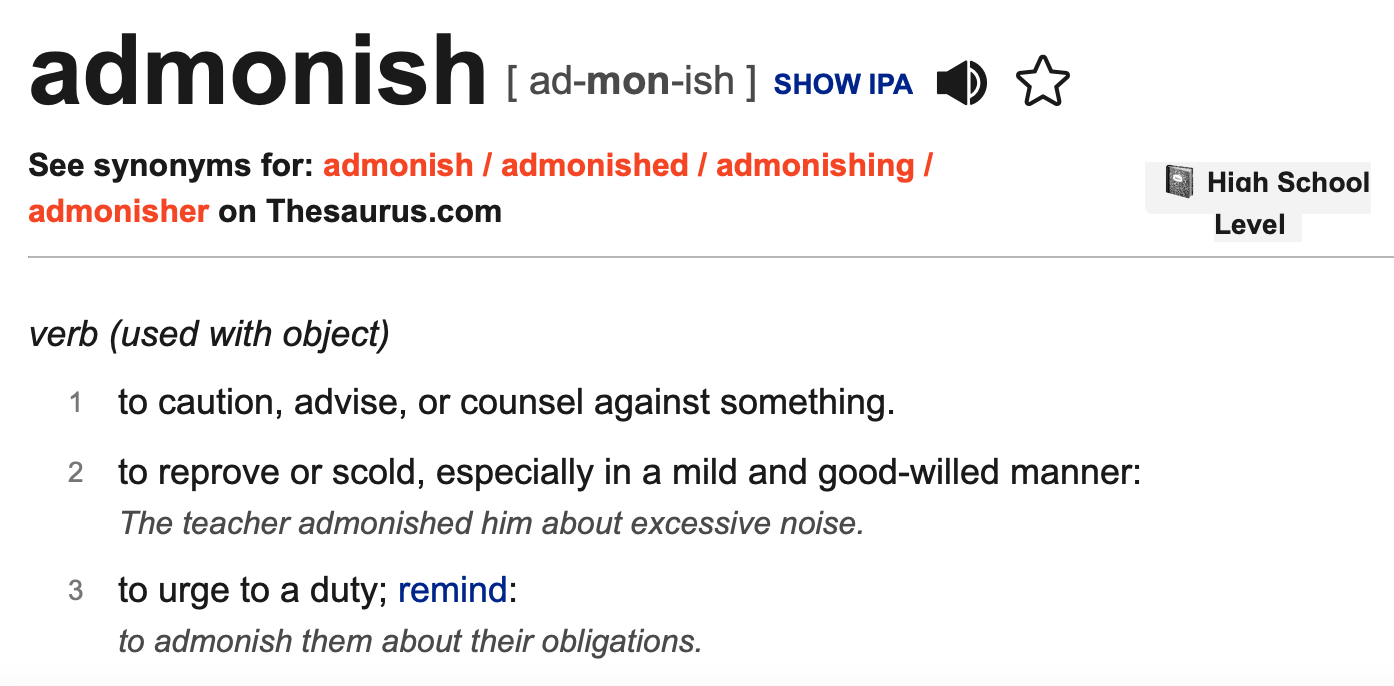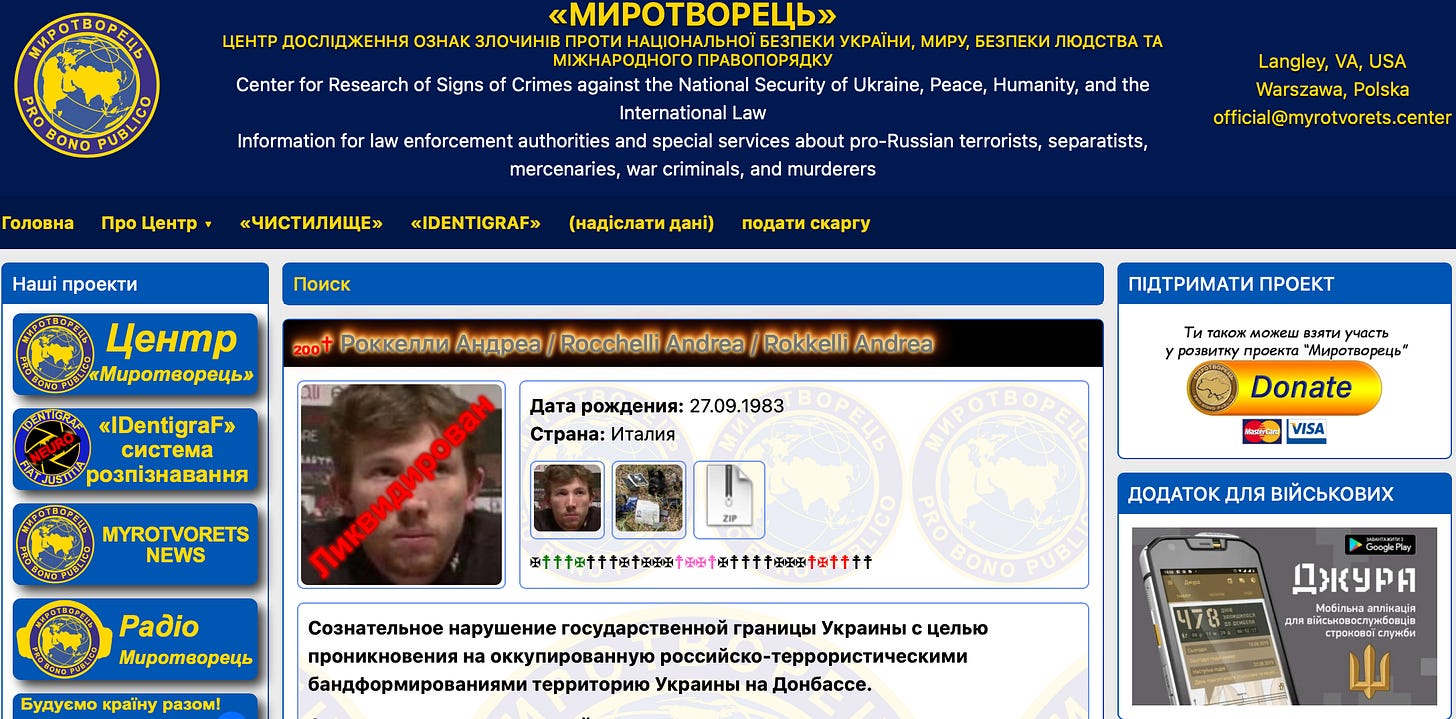Violent Crime is Fun!
Washington sees "tremendous opportunity" post-pipeline bombing; threatens individual Americans; shuts down any Biden peace musings; gets on record, sort of, that CIA is not murdering people in Moscow
The U.S. government continues to have no idea who destroyed Russia’s underseas gas pipelines — the same pipelines President Joe Biden promised would “be no more” if Russia invaded Ukraine. Yes, Russia did invade, and yes, the pipelines did blow up, but it’s all just one big mystery.
Which hasn’t stopped top U.S. officials from accentuating the positive. It’s a large-scale act of lawless violence, but that doesn’t mean we can’t enjoy it, right?
At a press conference just 4 days after the pipeline bombing, Secretary of State Anthony Blinken on three occasions hailed it for creating tremendous opportunity:
“… ultimately this is also a tremendous opportunity. It’s a tremendous opportunity to once and for all remove the [European] dependence on Russian energy … That’s very significant and that offers tremendous strategic opportunity for the years to come …”
The September 11, 2001 terrorist attacks also opened tremendous opportunity. Why, think of just the downtown Manhattan real estate deals! Yet somehow I don’t recall top diplomats anywhere in the world gushing enthusiastically, within days, about the exciting silver linings they saw peeking through the clouds of dust from the fallen Twin Towers.
I do recall, however, that Russian President Vladimir Putin was one of the first world leaders after 9/11 to offer condolences to then-President George Bush. And I recall how, days later, Putin decided to support the fast-developing U.S. invasion of Afghanistan — allowing flights across Russian airspace, sharing Russian intelligence — a decision to back America’s play that he handed down over the objections of his top security officials.
Do I mention this because I love Vladimir Putin? No. I’m not a fan. I mention it because international relations are complicated, and we shouldn’t reduce the heads of other nations to caricatures.
But back to the U.S. Secretary of State, and his oddly cheery take on pipeline sabotage. Many took note of this. Columbia University Professor Jeffrey Sachs, for example, found this “a remarkable statement,” and “a strange way to talk” about the massive sabotage of vital international infrastructure.
To the horror of the Bloomberg TV people who had invited him on, Sachs then cited Blinken’s remarks as yet another reason he personally believes the United States had a hand in the pipeline crime. He was immediately challenged to produce his evidence — which led to an amusing bit where this famed economist did just that, and then simply kept talking, with asides about how, of course “you’re not allowed to say these things”, despite multiple frustrated attempts from the panel journalists to keep him from saying these things. (Starts soon after the 4:30 mark in this video below):
“I know it runs counter to our narrative, you’re not allowed to say these things in the West, but the fact of the matter is, all over the world, when I talk to people, they think the U.S. did it,” Sachs said. “Even reporters on our papers that are involved tell me privately, ‘Yeah, well, of course [we did it]’, but it doesn’t show up in our media.”
The entire 8-minute interview with Sachs is well worth watching. He has been around, and he clearly and succinctly summarizes our moment — an incredibly unstable and dangerous situation, made worse every day by reckless U.S. government behavior (even putting aside whether we blew up the Russian pipeline).
And the worse things get, the less we are allowed to discuss them. While many frowned at the Secretary of State’s view of terrorist attacks as engines of opportunity, few commented on a threat he made in that same speech: that the Biden Administration will bring down the hammer on anyone who offers political dissent to its view of Ukraine.
The threat comes buried in droning paragraphs (transcript here) that are mostly about sanctioning Russian entities. But there is a sinister drift to the vague formulations, as Blinken promises “swift and severe costs” will be dealt out to “individuals … inside and outside of Russia” who provide “political support” for Russia’s war aims.
He repeats this. It’s again caked in surrounding bureaucratese, but this is a formal warning, issued in a prepared statement by a top U.S. official: “We will hold to account any individual … that provides … political … support” for Russian war aims:
What is the definition of an individual providing political support for Russian war aims?
Does Professor Sachs meet that definition? Do you or I, if we disapprove — aha, just like the Kremlin does! — of America’s ever-deeper and more reckless involvement in war in Ukraine?
In fact, even Joe Biden might soon cross Blinken’s blurry red line, and find himself the startled recipient of “swift and severe” punishment from official Washington. I say this because — out of nowhere this week — Biden abruptly sounded like an impassioned critic of his own proxy war.
In an off-the-cuff ramble at a fundraiser, Biden said that “we have not faced the prospect of Armageddon since Kennedy and the Cuban Missile Crisis,” and that Putin is “not joking when he talks about the use of tactical nuclear weapons.”
Most intriguingly, Biden even asked aloud — finally! — how are we ever going to get out of this mess and end the Ukraine war. “We are trying to figure out: What is Putin’s off ramp?” Biden said. “Where does he find a way out?” The President went on to note — I’ll paraphrase because the grammar got weird — that ending the war means giving Putin a way to save face, and even to hold onto power in the Kremlin.
Biden could provide that face-saving off-ramp and end the war tomorrow. He could do it with a phone call. It would involve brokering an immediate ceasefire, negotiations about who keeps what, and most of all, an end to aggressive NATO expansion.
Instead, it’s almost like he sees himself as a bystander in his own White House — where presidential staff and loyal press are already dutifully fact-checking the President’s improvised honesty. New York Times: “Contrary to Mr. Biden’s comparison, American officials say they do not believe this moment is as fraught as the Cuban Missile Crisis.” Associated Press: This “appeared to edge beyond the boundaries of current U.S. intelligence assessments.”
The President’s edging beyond the boundaries! He’s talking out of turn!
Remember how the war party pilloried Biden for getting us out of Afghanistan? That was Biden’s finest hour: he delivered what Barack Obama and Donald Trump had each pledged to do, but then shrugged and did not. Biden alone stepped up and took the political hit of being associated with the inevitable chaos of our Afghanistan withdrawal. (To punish him, the hysterically enraged military-industrial-media complex certainly over-hyped that chaos.) He stood firm and ended our longest war.
Now he’s flirting with shutting down the replacement war. He’s asking about an exit strategy, an off-ramp, a way for Putin to save face.
Washington’s War on Thoughtcrime
If Biden’s not careful, he might find himself labeled a “Kremlin messenger”. That’s one of the many snide terms the war party plasters on anyone who believes something inconvenient that the Kremlin also believes.
The Brookings Institution, for example, now has a database of U.S. podcasts it proudly tracks, apparently to weed out the disloyal among us. This is the same venerable D.C. think tank so generously funded by foreign dictatorships, and whose president this summer was charged by the FBI over shady lobbying for Qatar. They are sitting on somewhere around a half of a billion dollars in assets. But by all means, let’s hear their concerns about the questionable patriotism and outsized influence of some podcasters.
Brookings with indignation reports that there are still 12 or so podcasts out there willing to entertain the highly plausible idea that America blew up Russia’s stuff.
“By spreading the idea that the United States was in fact responsible for the [pipeline] explosions,” Brookings says, “several leading U.S. podcasters have advanced the Kremlin’s preferred narrative while staying under the radar of researchers — until now.”
Thoughtcriminals beware! Brookings is on the case!
To give their political censorship project an academic veneer — after all, they are a “think tank” — Brookings shares a science-y graphic:
What does this graphic show? Well, it seems that despite the war party’s chokehold on nearly all national media, there are 12 podcast episodes left out there that have dared dissent. Brookings — in the shrill, insistent tone common to all official pronouncements these days — asserts that “experts broadly agree that Russia is the main suspect” in blowing up Russia’s stuff, but that sadly, “conspiracy theories” which are “baseless” and “unfounded” have “quickly proliferated online”, pushed forward by 12 or so Americans who are “Kremlin messengers” and “fellow travelers” of Russia.
“Fellow travelers” is a nice touch. The Communists may be gone, but Red-baiting never goes out of style.
Perhaps Brookings will get its way, and these 12 or so podcasts will be silenced. Crushed, perhaps, by the levying of “swift and severe costs”. Then we can move on to the next stage in our political evolution: of only discussing current events in a whisper around the kitchen table, trying to tune in to shortwave radio from abroad, and devouring handwritten samizdat tracts.
Ukraine’s Lists of ‘Liquidated’ Enemies
Already we are at the stage of perusing the major U.S. newspapers the way ordinary Soviet citizens in the 1970s studied Pravda: looking well past the headlines for the hidden agenda, or the occasional subversively leaked fact. Let’s close this out by considering a quite remarkable New York Times article this week about Daria Dugina, a 29-year-old Russian journalist killed two months ago by a car bomb in Moscow.
Here’s the headline:
“Admonished.”
Admonished?
Admonished!?
Only the primly righteous New York Times could simper that — when it comes to car bombs detonated to murder people — America will always be right there with a mild, good-natured scolding.
Such eye-rolling moments aside, what really makes this article noteworthy is what it reports — and what it leaves out.
It reports that some unnamed U.S. officials believe a rogue Ukrainian covert op killed Dugina and plans further splashy assassinations; that this “dangerous adventurism” may soon provoke tit-for-tat Russian assassinations, of President Volodymyr Zelensky or others; and that this kill squad is hard to rein in, because no one knows who’s in charge. In fact, we are told, American officials have only the haziest sense of what’s happening in Ukraine:
American officials have been frustrated with Ukraine’s lack of transparency about its military and covert plans, especially on Russian soil. … While the Pentagon and spy agencies have shared sensitive battlefield intelligence with the Ukrainians … the Ukrainians have not always told American officials what they plan to do.
U.S. officials also lack a complete picture of the competing power centers within the Ukrainian government, including the military, the security services and Mr. Zelensky’s office.
What does the article omit? Oy, where to begin.
For starters, Dugina — a pro-Kremlin journalist and daughter of a prominent Russian nationalist — was among many people on a Ukrainian government list of enemies that has been characterized as a kill list. Once she was murdered, her entry in the list was duly updated to note she had been LIQUIDATED, with that word written in Ukrainian Cyrillic red letters across her photo:
Such lists have been around in Ukraine since at least the outbreak of the 2014 civil war. People marked down on them often turn up dead, at which point someone writes LIQUIDATED across their face. Such was the fate of Italian photojournalist Andy Rochelli (“liquidated”) and his Russian colleague Andrei Mironov (“liquidated”), killed together in still-debated circumstances in 2014 while covering the civil war. (Apparently, their shared crime was objectively reporting both sides of the conflict). Here’s a screen shot of Rochelli’s entry on an enemies list maintained by a Ukrainian website called Myrotvorets:
Note, by the way, the top right corner of the webpage, which lists the organization’s address as “Langley, VA, USA”. Meaning, “CIA headquarters.” Is it a joke? A boast? Who knows.
This summer, the Ukrainian government issued yet another enemies list that included Americans skeptical of Washington’s war narrative, among them political scientist John Mearsheimer, journalist Glenn Greenwald, former Secretary of State Henry Kissinger, and members of the U.S. Congress including Senator Ron Paul and ex-Congresswoman Tulsi Gabbard. These are Americans the Brookings Institution might label as “Kremlin messengers” or “fellow travelers,” and who Secretary of State Blinken might target for “swift and severe” punishment. But what does it mean when the Ukrainian government lists them — in the context of a Ukrainian tradition of people getting crossed off such lists, once they’re good and murdered?
Non-Americans were also listed, including 13-year-old Faina Savenkova — a young girl living in the Donbass whose crime was calling for the United Nations to somehow end this war — and British bass player Roger Waters, the musician who co-founded Pink Floyd, and who got into a thoughtful back-and-forth with President Zelensky’s wife about how to bring peace to her lands.
Enemies lists are always in flux, always a work in progress. The list Ukraine announced this summer was removed from online; but many of the names then migrated into the larger enemies / kill list of the “Langley-based” Myrotvorets website. Some Americans were dropped, others remain — alongside the LIQUIDATED dead, and dozens of seedy-looking individual Russians the site accuses of rapes or murders and so has basically marked for death.
It’s thus still possible, for example, to look up U.S. government official-turned-writer Scott Ritter:
As Ritter has written at the indispensable Consortium News, particularly after Dugina’s murder, he worries about his own safety — and remains outraged at what looks like a U.S. seal of approval for a foreign state’s enemies / kill list:
“[T]he [Ukraine] Center for Countering Disinformation announced the existence of this ‘blacklist’ at a function organized by a U.S.-funded NGO and attended by State Department officials who sat mute while their Ukrainian colleagues labeled the persons on this list ‘information terrorists’ who deserved to be arrested and prosecuted as ‘war criminals.’ … [T]he [related] Myrotvorets ‘death list’ is an instrument of terror and should be taken down at the insistence of the U.S. Government.”
Members of Congress have been involved in this issue, outrage has been seething about it for months — and the death list website crows that it is based out of Langley, Virginia. But good luck finding out what’s happening reading The New York Times — which in a major story that frantically distances the CIA from Moscow car-bombings, does not even provide any of this context: Americans are on a list of those to be liquidated, run by an organization that claims with a nudge-wink to be part of the CIA and that gleefully writes “LIQUIDATED” across the photos of the murdered. Maybe The New York Times should email them some questions:













Never explained just WHY we must totally hate capitalist Russia and totally support Nazi-dominated Ukraine government....
Thank you very much. It is never explained WHY such pathological hate of capitalist Russia and total support of Nazi-dominated Ukraine government !!
Stand with Russia – it fights for all of us against bipartisan fascist US/UK clique.
Crimes against “collaborators” right now:
https://thedreizinreport.com/2022/10/09/war-crimes-2/